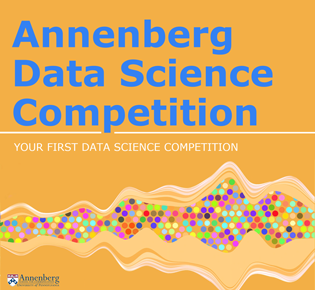Networked Innovation

Publications
Research Summary
Do efficient communication networks increase innovation? Scientists, engineers and strategists all work within highly connected environments where each person’s solutions are used to inspire and inform the work of others. The communication networks between researchers can determine the rate at which new ideas and innovations reach the rest of the community, giving rise to better solutions to difficult problems. As the complexity of the problem increases, so does the putative need for more efficient collaboration networks. Firms, research organizations and universities have all invested in developing network technology (including the Internet itself) to improve communications between researchers trying to solve complex programs. However, recent theoretical evidence suggests that these efforts may be counterproductive. These theories suggest that past a certain point of connectivity, increasing network efficiency can actually reduce the overall scientific progress of members of communication networks. The Annenberg Data Science Competition is a year-long open competition for Data Scientists worldwide, designed to study how changes to the collaboration networks between researchers affect their ability to solve complex problems. Our goal is to understand whether less efficient collaboration networks do in fact increase collective intelligence.

